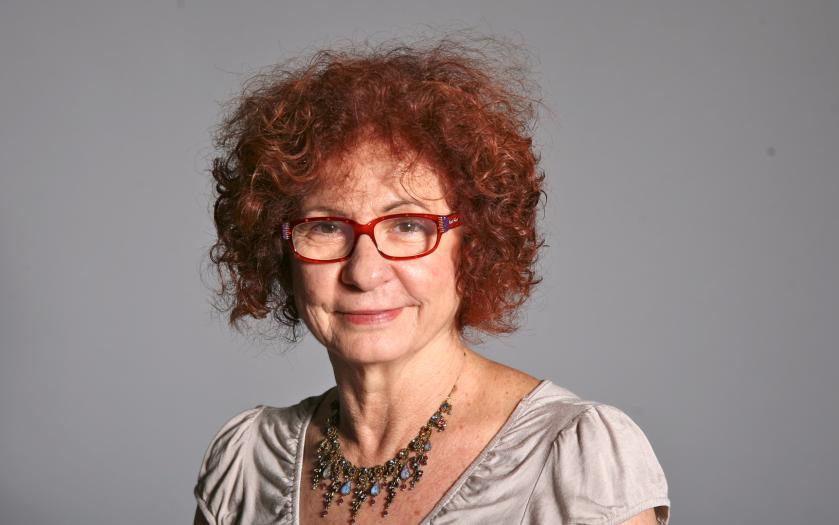December Faculty Spotlight - Edith Mathiowitz

Edith Mathiowitz joined the Brown faculty in 1991. She has extensive experience in the development of polymers for use in drug and gene delivery systems and tissue engineering applications. Following her undergraduate degree in physical chemistry and graduate school at the Weizmann Institute of Science, Mathiowitz trained as a postdoctoral associate with Robert Langer. During her postdoctoral training, she had 20 patents issued and many licensed to startup companies. Her work at Enzytec generated 4 patents that form the basis for the Prolease delivery systems, injectable proteins such as growth hormones. At Brown, her lab has generated about 40 patents, forming the foundation for the launch of four biotechnology companies, two of which Mathiowitz is a Founder: Spherics, Inc. and Perosphere, Inc. Mathiowitz was the Editor of The Encyclopedia of Controlled Drug Delivery Systems (1999) and serves as an editorial board member for several journals. To date, Dr. Mathiowitz has authored 120 publications, over 75 patents, and an edited book on bioadhesion; her work has been published in over 120 conference proceedings and abstracts.
Photo Credit: Amy Simmons / Brown University
1) When did you know you wanted to be a biomedical engineer/researcher?
When in started in undergraduate organic chemistry and physics lab, I fell in love with experimentation. We spent 20 hours a week in lab, and I realized the power of creating new things. I could take one thing, follow some instructions, and end up with a new molecule. Most of my courses at the time were theoretical, but I realized that I loved the experimentation.
2) Of all of the publications you have written, is there one that you are most proud of? Why?
I have two Nature papers that I am particularly proud of. I’m so proud of these because both I did not think would be accepted when I submitted them and they were accepted extremely fast. The first was work on making microspheres, which is a completely physical process of phase separation of polymers. The second one is from 1997 and on oral delivery of nanoparticles and I’m still working on this today. When I submitted this I thought they would never believe me. I couldn’t make it concise enough so I submitted two papers—one on the fabrication and one on the in vivo work. The reviewers of the first paper responded that they did not believe the fabrication method would work, but when the second paper was reviewed and showed positive results in vivo it was accepted. I try not to publish just for publication sake. I try to publish work that I am proud of.
3) Did you ever do experiments that didn’t work?
Many! My biggest failed experiments are often the biggest success, though. I remember with one of my old students he wanted to make some microspheres with color encapsulated in them so that we could take good pictures. We were using many different kinds of polymers but my student was frustrated when every polymer he tried to use became adherent to the GI tract once color was encapsulated. That was a big discovery though as they had found a way to enhance bio-adhesive properties of any polymer, and we filed a patent on that. There have been other experiments that haven’t worked as well but I think that we learn something from every failure.
4) How do you choose the projects your group works on?
When a student comes into the lab I try to expose them to the basic topics that we research in the lab. For PhD students it does depend on which projects are funded. Sometimes they can work on underfunded projects in the spare time but their main project has to be funded. I'm a bit more flexible for masters students because they don’t have to necessarily have positive results, just results that can be analyzed—positive or negative.
5) What three qualities are most important for ensuring success as a young researcher?
Motivation, dedication, persistence.